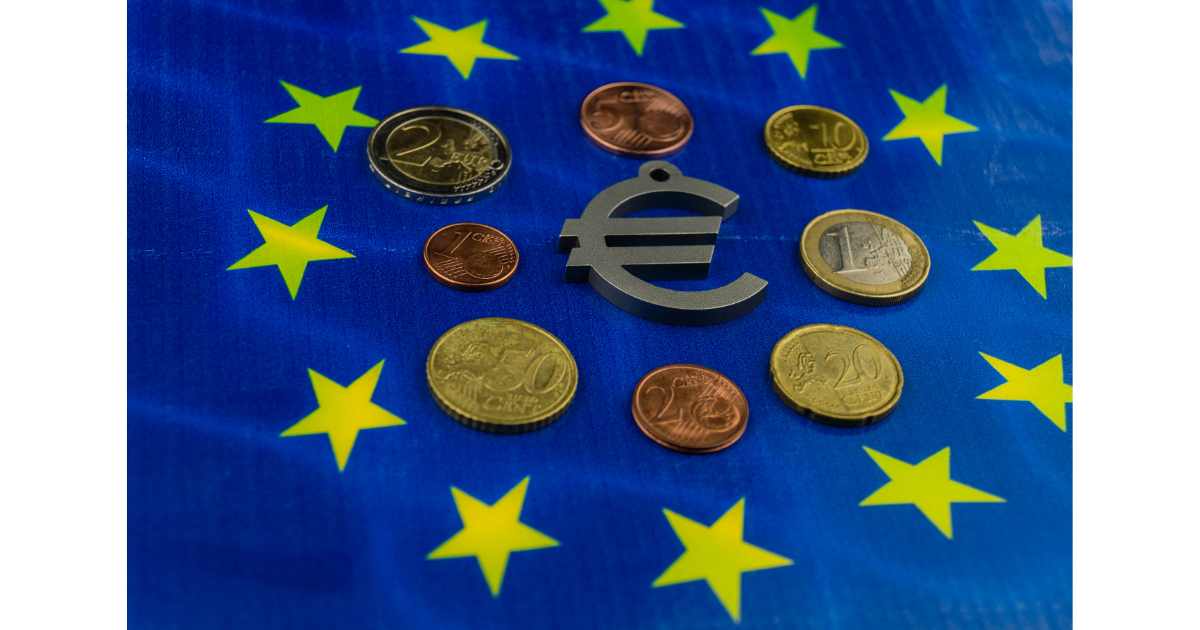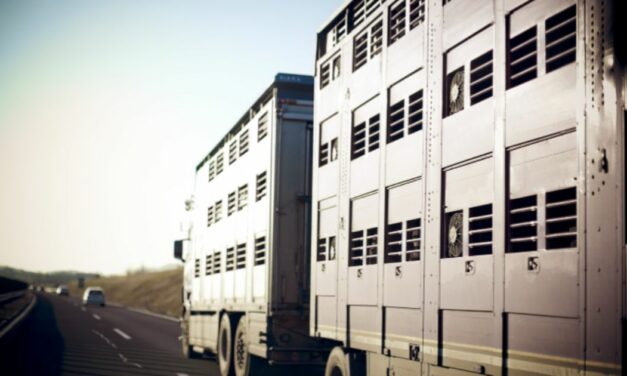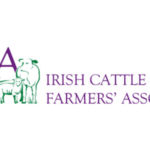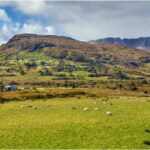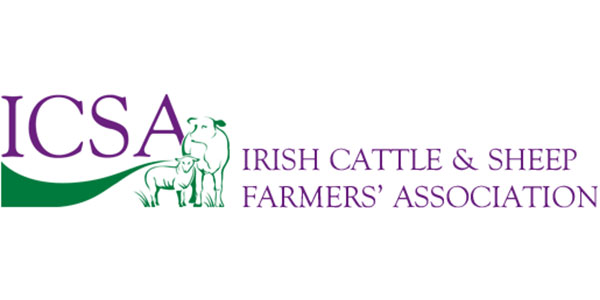ICSA Sheep chair Sean McNamara has reiterated the importance of supporting ICSA’s campaign for a rescue package for sheep farmers. “From ordinary sheep farmers to TDs and consumers alike it is vital that support for the sheep sector is demonstrated. The sector is in crisis, and nobody should be turning a blind eye to what is going on,” he said.
“ICSA is campaigning for a portion of the Brexit Adjustment Reserve Fund to be channelled into a €50m emergency support package for sheep farmers to cover 2023 and 2024. Our margin per ewe has been all but wiped out having dropped over 80% in 2022 and languishing at just €7/hd. There is also zero optimism that things will improve at all during 2023. For any package to have a real impact it must therefore cover 2023 and 2024,” he said.
“ICSA believes the repercussions of Brexit have been hugely detrimental to the financial wellbeing of sheep farmers. Sheep farmers have always been amongst the lowest earners and therefore are the least able to withstand outside forces chipping away at their income. Brexit is one of those forces and it has left sheep farmers in an even more vulnerable position.”
“Sheep farmers have definitely been hardest hit by Brexit consequences. Pre-Brexit, there was a New Zealand WTO tariff rate quota of 228,000 tons. This goes back to the 1995 Uruguay Round in which a WTO global trade deal was done. It meant that the EU agreed to take in up to 228,000 tons of New Zealand lamb at zero tariff rate. This was very much at the behest of the UK who wanted the lamb and who wanted to help their Commonwealth allies in New Zealand.
After Brexit, it could be argued that the majority of that quota should have moved with the UK. Instead, it was split 50/50 between the UK and the EU-27. This meant that the EU retained a quota of 114,000 tons and the UK only took 114,000 tons. The UK has just concluded a Free Trade Agreement with New Zealand which commits them to another 35,000 tons of New Zealand lamb tariff free (for the first four years) rising to 50,000 tons thereafter.
This reinforces the point that the UK should have taken a bigger share of the original EU quota. Instead, we are seeing New Zealand imports to both Europe and UK rising significantly. For example, January – August 2022 saw a 24% increase in New Zealand lamb imports to the EU compared to the same period previous year.
Brexit has also had important consequences for the sterling-euro exchange rate. In the twelve months prior to the 2016 Brexit vote, £1 sterling was worth in the range €1.27-€1.40. Post-Brexit it has generally remained below €1.20 and stands at €1.12 today. That devaluation has made it very difficult for Irish producers to compete, and it facilitates imports of vast quantities of lamb in live and carcase form. The cumulative effect of these has resulted in the destabilisation of the sheep sector to such an extent that it warrants intervention.”
Mr McNamara said he is calling on all TDs to back the sheep sector. “The sector is too important to lose; we need support, and we need it now. It is incumbent on all TDs to bat for sheep farmers and help deliver the aid they so badly need.”
Mr McNamara also said consumers need to be aware of the difficulties our primary producers are currently facing. “Primary producers are endeavouring to produce real food in an ever more environmentally sustainable way while our costs have gone through the roof. Our message is that real food matters and food security matters; it is vital that producers of sustainably produced real wholefoods are championed not driven out of business. The sheep farmers of Ireland need your support.”
ENDS

